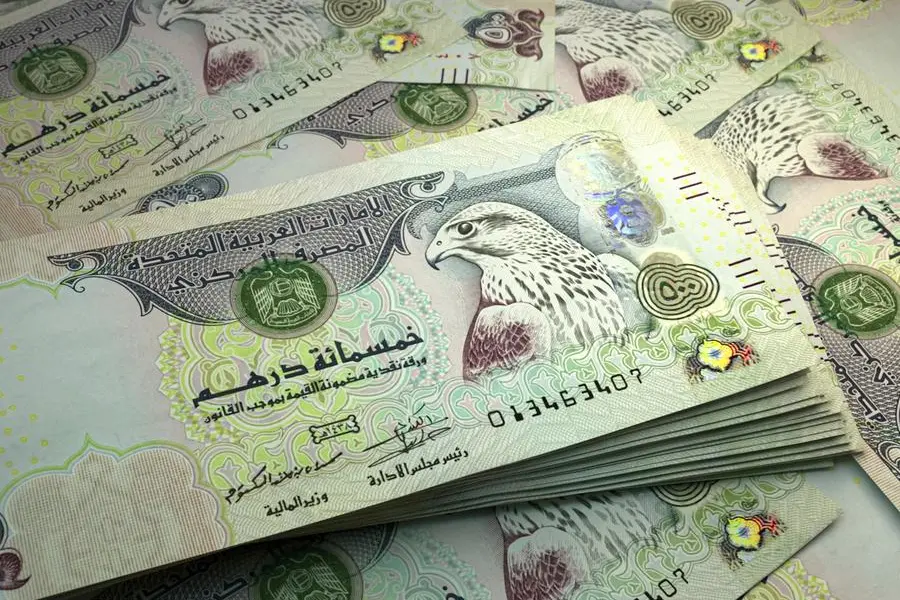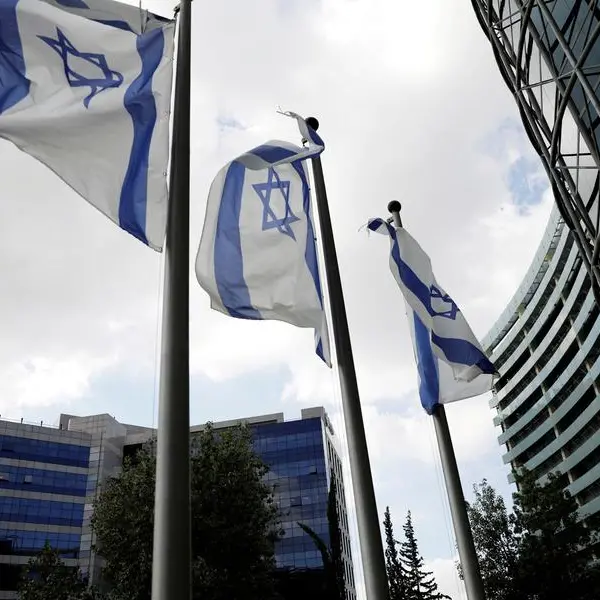PHOTO
The field of money remittances is getting more competitive according to a panel of experts who were speaking at the Banking, Innovation and Technology (BIT) event organised by Khaleej Times on Wednesday. And according to one of them — Onur Kursun from Mastercard — this could make it cheaper for expats in the UAE to send money back home.
“Competition is always best for the customer,” he said. “Either the rates will go down or the services will get better. It is always a win-win situation for the consumer.”
According to Mohammed Bitar, deputy CEO of Al Ansari Financial, exchange houses must “innovate or die” as the field has become extremely competitive.
“Twenty-five percent of the global remittances in the world come from the GCC,” he said. “The UAE is the second largest market sending money abroad in the world. However, we are seeing unprecedented levels of regulation in the market. So, it is a tricky situation where the costs of providing service are going up. Exchange houses operate on very thin margins. Hence innovation is important to make sure that the service model is financially viable.”
He explained how in 2017, there were over 140 licensed exchange houses in the UAE, but the increasing regulations and competitiveness had resulted in only 81 of them remaining in the market today. “Many had to exit because of their inability to meet the requirements,” he said.
However, Rajesh GK from Higher Ground Consultancy said that the regulations had resulted in better clarity in the market. “There is a lot of documentation, and all exchanges now work through partnerships,” he said. “It is a very mature model of working and the nature of partnerships allow exchange houses to explore various markets.”
Hasan Jaber from Al Fardan Exchange shared how the firm tried to differentiate themselves from their competitors by building meaningful partnerships.
“A lot of the labourers here don’t have a bank account to take out a loan, and this is true for many of their families back home, too,” he said. “So, we partnered with a bank in Nepal to offer loans to the families of expats whose WPS accounts are with us. It is not a lot of money, but it is enough for them to buy a new refrigerator or fix the ceiling of their house. It improves the quality of their life significantly.”
Using technology
The use of technology was discussed quite extensively at the event. According to Hasan, despite the UAE population being tech-savvy, the implementation of technology in customer service was tricky ground for many exchange houses.
“The first requirement is that we speak the customer’s language,” he said. “For example, there are a lot of people whose English is not that good so will the AI technology used be able to communicate in multiple languages? In fact, we have seen banks rolling back their tech customer service to bring more of a human touch.”
Mohammed Bitar added that according to figures by the World Bank, only 1 per cent of the $645 billion worth of remittances is done digitally. “In the UAE that goes up to 11 per cent,” he said. “However, this shows that there is a long way to go before we fully automate or digitise our services.”
Copyright © 2022 Khaleej Times. All Rights Reserved. Provided by SyndiGate Media Inc. (Syndigate.info).





















